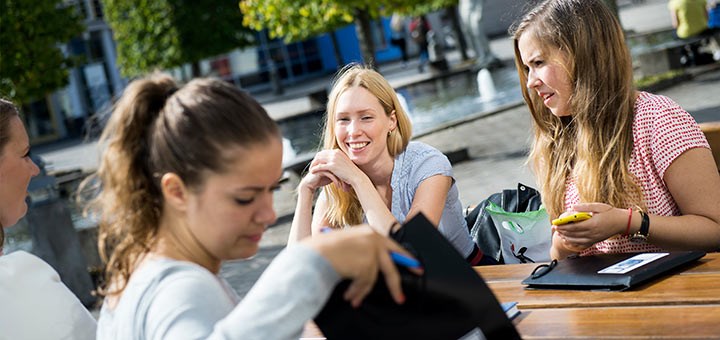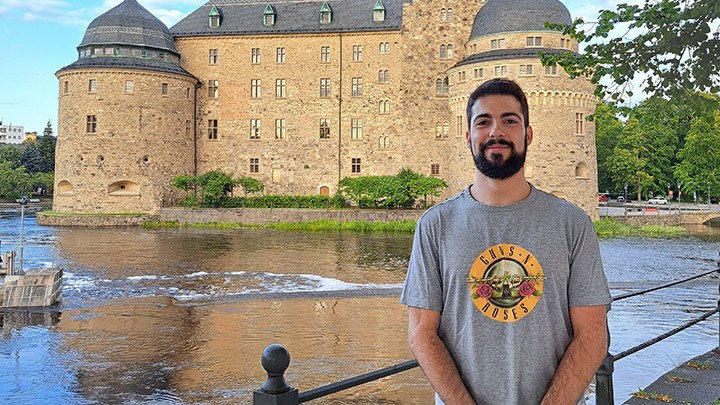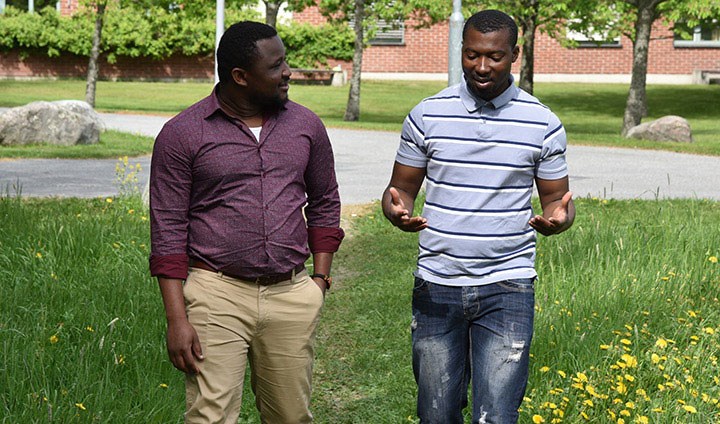Specific entry requirements
A first-cycle qualification comprising at least 180 credits of which at least 90 credits are for specialised study in one of the main fields of study human geography, sociology, political science, history, gender studies, media and communication studies or equivalent. The applicant must also have qualifications corresponding to the course "English 6" or "English B" from the Swedish Upper Secondary School.
Tuition fees
EU citizens
If you have citizenship in a European Union (EU) or European Economic Area (EEA) country, or Switzerland, you are NOT required to pay application or tuition fees.
Non - EU citizens
Tuition fee, first instalment: 38681 SEK
Total fee: 77362 SEK
The focus of the programme is sustainable development as a vital challenge to our society, which needs to be seriously addressed by government and public administration. The programme is a cooperation between human geography, political science and sociology and is a one-year Master's programme of 60 credits.
The first semester, you take four multidisciplinary courses that focus on sustainable development from different perspectives: planning and future studies, comparative policy, sustainability theories and discourses, and practical field studies. You develop knowledge and insights on sustainable development, as a political and professional challenge, which contributes to theoretical and empirical insights into the complexity of different environmental problems and their connection to social and economic dimensions. You will develop an understanding of how environmental problems are framed and how these frames impact on what strategies and solutions are chosen, as well as help explain why some problems are not handled at all.
You will also gain knowledge of what the role as a professional public official and planner can, -and ought to-, mean when working for a more sustainable society. Sustainable development is further described and analysed from a comparative perspective to give insights into why and how conditions, problem patterns and strategies vary around the world. In the courses, we problematise theoretical perspectives on sustainable development and apply theories in relation to concrete cases of sustainable planning. The methods of instruction are varied and include practical applications and problem-based learning (PBL).
During the second semester, you choose between three courses that are focused on sustainable development with a specialisation in either human geography, political science or sociology. These three courses start with a joint course module in method and analysis, which develops your insights and skills in methods and analyses of particular relevance to sustainable development. You will also have the opportunity to develop your knowledge and abilities in formulating research problems of great relevance to different sustainability problems and how they can be motived and supported by previous research. This lays the ground for discussions about appropriate design and method strategies, which prepare for the coming courses on the second semester, which are thematic studies, focusing on how to do research overviews, and an independent project.
Programme syllabus Master's Programme in Public Planning for Sustainable Development, 60 credits



